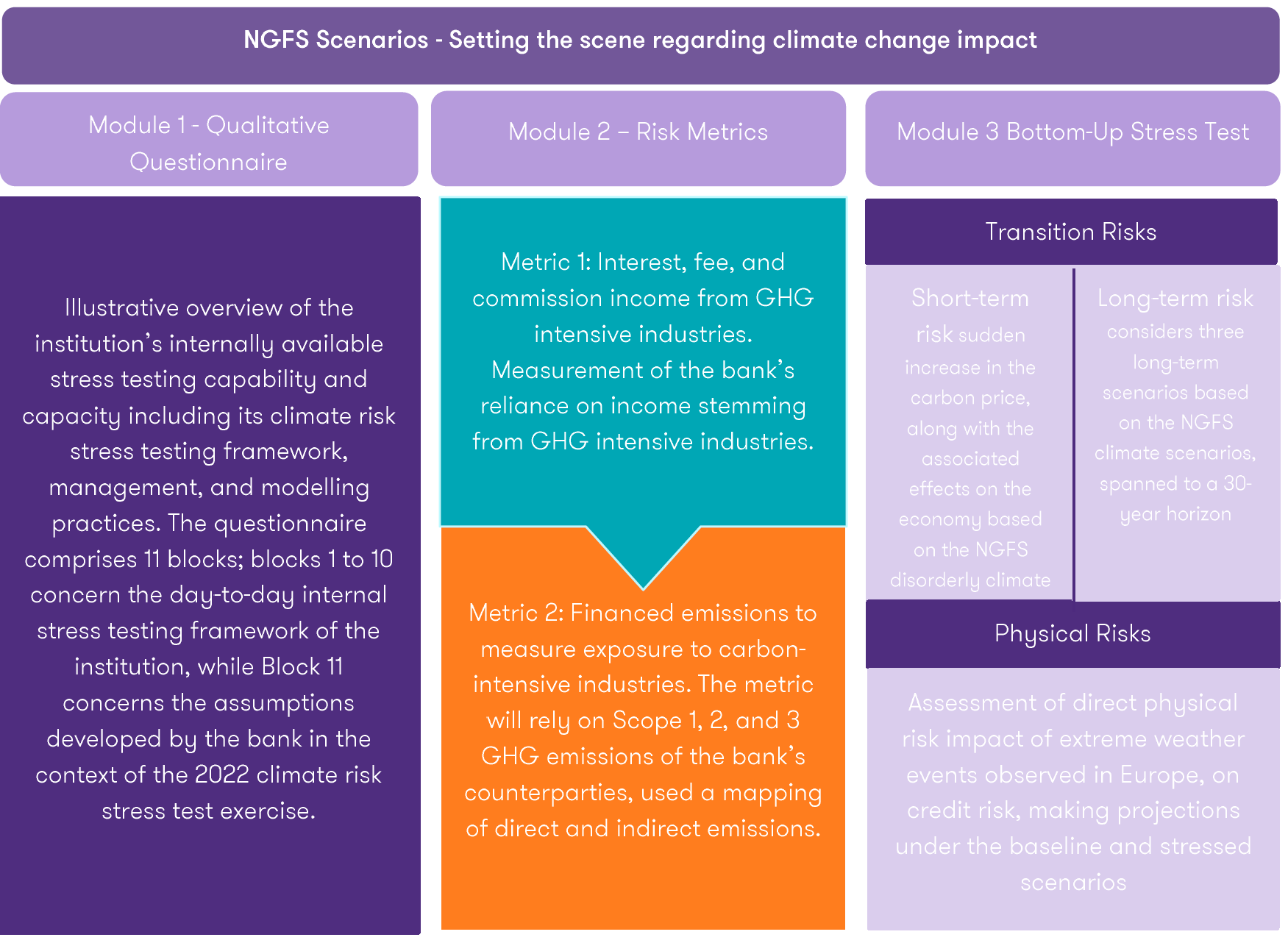-
Privacy and Data Protection
Our digital risk team is made up of a combination of subject matter experts and technical specialists who can help your business comply with the GDPR.
-
Governance, Risk and Compliance (GRC)
While business goals and strategies evolve, our services support you wherever you are in your business cycle. The digital economy is simultaneously increasing the magnitude of new business opportunities while increasing the difficulty of getting it right.
-
ISO 27001 and ISO 27701
Grant Thornton’s ISO 27001 and ISO 27701 specialists will arrange and oversee the formal audit process.
-
SOC 1,2,3
As a service organization there are many ways to provide assurance to your customers and in turn other stakeholders over your control environment. One of the most effective and cost-efficient ways is to issue a Service Organization Control (SOC) Report.
-
Incident Response
Grant Thornton’s Cyber Incident Response Team can support your business in the event of a cyberattack or data loss event. We work alongside your existing IT and Legal teams to provide a co-ordinated, timely and efficient investigation and remediation.
-
Hacking Services
At Grant Thornton, our cyber security experts can develop a bespoke penetration testing plan to meet your business needs and unique IT environment. We can undertake the full suite of testing or conduct individual assessments, as required.
-
Cyber Health Check
Approximately 54% of organizations report that they have experienced at least one cyber-attack during the past year. Grant Thornton’s cyber health check provides you with an objective, jargon-free assessment of your current cyber security, drawing on both qualitative and quantitative elements.
-
Dark Web Threat Intelligence
We use a variety of dark and deep web monitoring tools that continuously scans illegal sites to discover any mention of your data, ranging from breached security credentials such as usernames and passwords to leaked confidential documents of your company.
-
Digital forensics and electronic discovery
We offer a full suite of digital forensics and data acquisition services in investigations related to cybercrime, disputes, fraud and regulatory investigations.
-
Insolvency
If you're facing a time of personal or corporate financial crisis you need advice from someone who listens, who understands your specific issues and deals with them in a supportive and sensitive manner.
-
Crisis stabilisation and turnaround
In periods of financial distress, management teams often face considerable challenges, with many directors having little or no experience of similar conditions.
-
Operational and financial restructuring
Companies challenged by underperformance often need support in identifying options for financial or operational restructuring. Tapping this type of advice helps them create a stable platform for business turnaround.
-
Accelerated M & A
Even fundamentally sound businesses run into difficulties. Cash flow can come under pressure from the loss of a big client, or a dip in performance can threaten a breach of banking covenants if there is insufficient headroom.
-
People Services
Our HR Outsourcing solutions are designed to provide you with the flexibility and expertise needed to manage your people effectively and efficiently.
-
Relocation made easy!
We bring to the table our in-depth understanding of Cyprus immigration legislation and policies, coupled with long experience supporting corporate clients relocating non-EU staff to Cyprus, as well as entrepreneurs and executives moving with their families.
-
Family Office Services
In an era of rising digital threats, protecting the sensitive information and assets of high-net-worth families is paramount. In collaboration with our dedicated strong Cybersecurity and Data Protection team, we can help ensure the data security and privacy of your Family Office (employees and c-suite), family members and any staff supporting them, and also trusted associates.
-
Indirect Tax
Our experienced VAT specialists are available to assist companies and entrepreneurs of all industries and sizes in meeting their obligations.
-
Direct Tax
We can help you ensure a bespoke balance between tax compliance and effective tax planning for your special circumstances.
-
Ημερίδα Γνωριμίας με την Grant Thornton Κύπρου
Σας προσκαλούμε σε μια μοναδική ευκαιρία να γνωρίσετε την Grant Thornton Κύπρου! Την Τρίτη, 5 Νοεμβρίου 2024, θα έχετε τη δυνατότητα να συναντήσετε την ομάδα μας, να ενημερωθείτε για επαγγελματικές ευκαιρίες και να εξερευνήσετε πιστοποιήσεις όπως ACCA.
-
Life at Grant Thornton
At Grant Thornton Cyprus, we are taking a holistic approach and reimagining the way we work, continually assessing it and making necessary changes to better support our people.
-
In the community
Unlocking the potential for growth in our local communities.
-
Diversity and inclusion
Diversity helps us meet the demands of a changing world. We value the fact that our people come from all walks of life and that this diversity of experience and perspective makes our organisation stronger as a result.
-
Global talent mobility
One of the biggest attractions of a career with Grant Thornton Cyprus is the opportunity to work on cross-border projects all over the world.
-
Learning and development
At Grant Thornton we believe learning and development opportunities allow you to perform at your best every day.
-
Our values
We are a values-driven organisation and we have more than 56,000 people in over 140 countries who are passionately committed to these values.
It will comprise several phases including data collection, quality assurance, and the computation of results, aiming to identify vulnerabilities, industry best practices, and the challenges faced by banks. The exercise is expected to help enhance data availability and quality gathered by the banks. The output of the stress test exercise will be integrated into the Supervisory Review and Evaluation Process (SREP) using a qualitative approach. ECB’s climate stress test methodology is indicative, with no direct implications linked to the bank’s capital requirements. The results of this stress test exercise will provide the regulator with insights into the bank’s climate risk exposures, which might affect the Pillar 2 requirements via the SREP scores. The stress test consists of three distinct modules.

1. Qualitative questionnaire
The purpose of this module is to gain an illustrative overview of the institution’s internally available stress testing capability and capacity including its climate risk stress testing framework, management, and modelling practices. The questionnaire comprises 11 blocks; blocks 1 to 10 concern the day-to-day internal stress testing framework of the institution, while Block 11 concerns the assumptions developed by the bank in the context of the 2022 climate risk stress test exercise. The questions in the first ten blocks of the survey and specific questions of Block 11 are mandatory for all participating banks. The remaining questions in Block 11 are only mandatory for banks that provide projections in the bottom-up stress test for Module 3 – Bottom-Up Stress Test Projections.
2. Climate risk metrics
In the 2022 climate risk stress test exercise, all banks are requested to provide a set of common climate-related metrics. The metrics have been designed to shed light on banks’ analytical and data capabilities regarding climate risk. Banks are asked to split the corporate exposures of their portfolio into 22 pre-defined NACE based industries.
- Metric 1: Interest, fee, and commission income from greenhouse gas intensive industries
The reported information will be used to construct various metrics to measure the bank’s reliance on income stemming from GHG intensive industries and provides a proxy for the sustainability of the bank’s business model. The reference period for the income and expenses data collection is the sum of the time-weighted notional of all instruments that were on the bank balance sheet from 1 January 2021 to 31 December 2022.
- Metric 2: Financed greenhouse gas emissions
To measure exposure to carbon-intensive industries, each bank is expected to provide the necessary data to calculate a weighted average GHG intensity metric. This will provide an indication of the climate-related risk in the bank’s non-financial corporations portfolio. The metric will rely on Scope 1, 2, and 3 GHG emissions of the counterparties. Scope 1, 2, and 3 GHG emissions provide important information for the mapping of direct and indirect emissions.
3. Bottom-up stress test projections
This section describes the methodology and requirements for the starting point data and projections that institutions must provide for the bottom-up stress test exercises targeting transition and physical risks. The 2022 Single Supervisory Mechanism (SSM) climate risk stress test does not cover all the transition and physical risk channels as defined in the ECB Guide on climate-related and environmental risks.
Transition risk
This stress test covers banks’ potential financial losses in both short-term and long-term transition risk scenarios. The exercise is assessing the institutions’ short-term vulnerabilities under a three-year disorderly transition scenario triggered by a sharp increase in the price of carbon emissions and the long-term strategies under three different transition scenarios over a 30-year horizon.
The credit risk exposures in scope are an institution’s mortgage and corporate exposures. Banks are requested to split their corporate exposures in 22 pre-defined NACE industries and mortgage exposures by Efficiency Performance Certificate (EPC) rating. In regard to market risk exposures, banks are requested to classify their bond and stock holdings by the same 22 NACE industries as in credit risk. Banks are also requested to provide starting point values broken down by country and portfolio as of 31 December 2021.
Methodological approach: short-term tail risk. The exercise is inspired by the disorderly transition scenario developed by the Network for Greening the Financial System (NGFS). However, this exercise assumes that the increase in the carbon price will occur in 2022, along with the associated effects on the economy, and not in 2030 as indicated by the NGFS disorderly scenario. The aim of this hypothetical risk event is to assess the sensitivity of banks’ current balance sheets to unexpected sharp measures on cutting down carbon emissions in the near term.
Methodological approach: long-term strategic response. This exercise considers three long-term scenarios based on the NGFS climate scenarios, spanned to a 30-year horizon. Banks are requested to outline their strategies under these three scenarios, projecting their mortgages disaggregated by EPC and corporate exposures disaggregated by industry for reference dates at 10-year intervals i.e., 2030, 2040, and 2050. The focus of these long-term projections is on obtaining detailed insights into the resilience of banks’ business models and their adaptability in different long-term transition scenarios.
Physical risk
The assessment of physical risk will focus on the direct impacts of two extreme weather events in Europe; large floods and severe droughts and heatwaves, on credit risk.
Regarding severe droughts and heatwaves, banks are requested to classify their credit exposures to counterparties broken down by NACE sector code, while the flood stress map is used to split credit exposures impacted by flood risk. The map disaggregates regions into no risk, low risk, medium risk, and high-risk areas. Starting point values for credit risk exposures and credit risk parameters, should be gathered as at 31 December 2021.
For both types of physical risks, banks are asked to calculate both baseline projections (i.e., without the flood or drought and heatwave) and stressed projections incorporating the flood or drought and heatwave scenario. In order to calculate the baseline projections, banks can use the macroeconomic projections from the December 2021 Eurosystem BMPE to the extent needed for their models.
How we can help
Our Prudential Risk, ESG experts, and consulting team understands that regulation continues to drive the strategic agenda for banks and investment firms. ESG and other sustainability related areas are likely to be high on the regulatory agenda for years to come. We specialise in assisting clients across the financial services sector in navigating through the maze of regulation and support clients to identify regulatory obligations and work towards full compliance balanced with your business needs.

